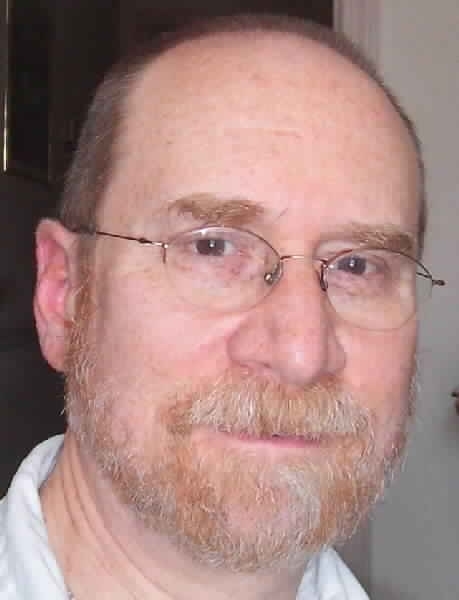Does this mean the truth is beyond our reach? Of course not. It means that discovering the truth about complicated matters is a continuing arduous process of discussion and debate. And that means dissenting views should not be lightly dismissed merely by declaring that a government agency or a "consensus" has decided the case. The news media ill-serve the public when they take government or so-called experts assertions on faith without having those assertions tested in public.
I imagine that journalists without exception would claim among their inspirations John Stuart Mill's defense of open debate in On Liberty. Maybe it's time they reread Mill's great little book, where they would find these words:
"If the cultivation of the understanding consists in one thing more than in another, it is surely in learning the grounds of one's own opinions. Whatever people believe, on subjects on which it is of the first importance to believe rightly, they ought to be able to defend against at least the common objections... [O]n every subject on which difference of opinion is possible, the truth depends on a balance to be struck between two sets of conflicting reasons. Even in natural philosophy, there is always some other explanation possible of the same facts... But when we turn to subjects infinitely more complicated, to morals, religion, politics, social relations, and the business of life, three-fourths of the arguments for every disputed opinion consist in dispelling the appearances which favor some opinion different from it. The greatest orator, save one, of antiquity, has left it on record that he always studied his adversary's case with as great, if not with still greater, intensity than even his own. What Cicero practiced as the means of forensic success, requires to be imitated by all who study any subject in order to arrive at the truth. He who knows only his own side of the case, knows little of that. [Emphasis added.] His reasons may be good, and no one may have been able to refute them. But if he is equally unable to refute the reasons on the opposite side; if he does not so much as know what they are, he has no ground for preferring either opinion. The rational position for him would be suspension of judgment, and unless he contents himself with that, he is either led by authority, or adopts, like the generality of the world, the side to which he feels most inclination."
Mill goes on to give advice that should be taken to heart by all news producers and editors: don't waste time tackling straw men.
Nor is it enough that he should hear the arguments of adversaries from his own teachers, presented as they state them, and accompanied by what they offer as refutations. That is not the way to do justice to the arguments, or bring them into real contact with his own mind. He must be able to hear them from persons who actually believe them; who defend them in earnest, and do their very utmost for them. He must know them in their most plausible and persuasive form; he must feel the whole force of the difficulty which the true view of the subject has to encounter and dispose of; else he will never really possess himself of the portion of truth which meets and removes that difficulty.
Ninety-nine in a hundred of what are called educated men are in this condition; even of those who can argue fluently for their opinions. Their conclusion may be true, but it might be false for anything they know: they have never thrown themselves into the mental position of those who think differently from them, and considered what such persons may have to say; and consequently they do not, in any proper sense of the word, know the doctrine which they themselves profess... So essential is this discipline to a real understanding of moral and human subjects, that if opponents of all important truths do not exist, it is indispensable to imagine them, and supply them with the strongest arguments which the most skillful devil's advocate can conjure up.
I concede that my discussion has a premise of its own that may be controversial and in need of demonstration. I've assumed that the news media wish to fairly and competently inform their audiences about what's going on. But I could be wrong about that. Their mission may be to act like the state's ministry of information.
But I hope not. I hope that at least some news people really want to uncover important facts and share them with their audiences. If that's what they want, they should rethink their uncritical willingness to let the state and its cronies determine what counts as a fact.
(Note: You can view every article as one long page if you sign up as an Advocate Member, or higher).





